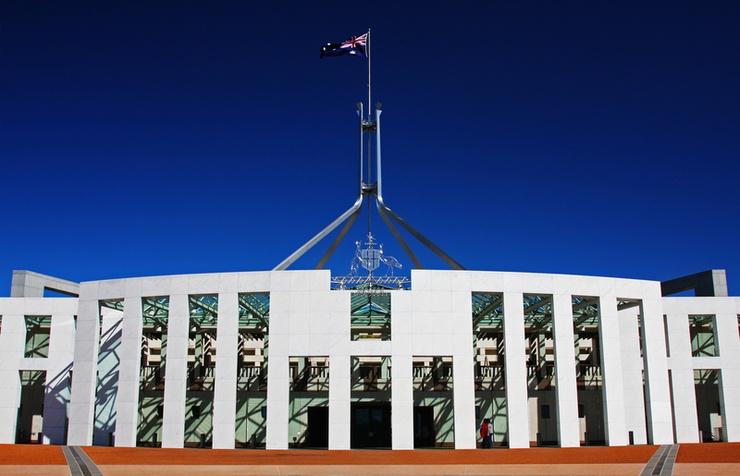
Technology businesses that benefit from the value created by Australian users of their platforms may face an increased tax burden, with the government seeking views on whether the current rules are adequate for the digital age.
The government today formally launched a public consultation on the digital economy and Australia’s corporate tax system.
The consultation follows a number of legislative moves aimed at cracking down on schemes employed by multinational corporations to minimise their local tax burden.
A Senate inquiry saw representatives from some of the world’s biggest tech companies, including Apple, Microsoft and Google, quizzed over the tax paid by their local subsidiaries.
The government in 2015 passed the Multinational Anti-Avoidance Law (MAAL), and in 2017 introduced the Diverted Profits Tax (DPT) to help combat profit-shifting.
On 1 July last the government’s so-called ‘Netflix tax’ — which slapped GST on digital products and services purchased by Australians — took effect. (On 1 July this year additional GST changes kicked in, ending the GST-free status of sub-$1000 purchases from overseas sellers.)
“While digitalisation has delivered significant benefits for Australian consumers and businesses, the government remains concerned that some very profitable, highly digitalised companies pay very little tax in the countries in which they do business,” a statement released by Treasurer Josh Frydenberg said.
“The rapid growth of the digitalised economy over recent years has provoked questions about whether there is a need to change the way that taxing rights over business profits are currently allocated between countries,” a discussion paper released by the government states.
“Highly digitalised businesses, like other businesses operating in Australia, are subject to the Australian tax framework,” the paper states. “Their Australian-sourced profits will be subject to Australian income tax, and the goods and services consumed by Australians will generally be subject to the GST. However, many foreign-based, highly digitalised businesses have relatively small Australian-sourced profits because the majority of their profit-generating assets and labour are located outside of Australia.”
One of the questions raised by the paper is whether the tax burden digital businesses that rely on user data collected from Australian residents — such as advertising networks — as well as those that rely on user-generated content or businesses that benefit from Australians’ participation in their platform, is adequate.
“Some countries are concerned that businesses can generate significant profits from the contribution of users, but have little or no physical presence in the country where those users are located,” the paper states.
“Highly digitalised businesses can derive value from user data or user-generated content without significant physical capital, paid labour or investment in the country where the user is located, with the result that current corporate tax laws may not allocate sufficient profits to that country.”
The government is accepting submissions on the questions raised in the paper until 30 November.
Frydenberg said that the government is committed to working with other countries through the G20 and the Organisation for Economic Co-operation and Development (OECD) to “develop sustainable, multilateral responses to address the challenges to our tax systems arising from digitalisation.”
Join the CIO Australia group on LinkedIn. The group is open to CIOs, IT Directors, COOs, CTOs and senior IT managers.
